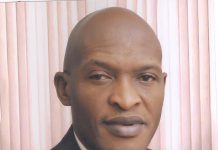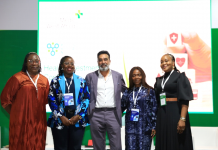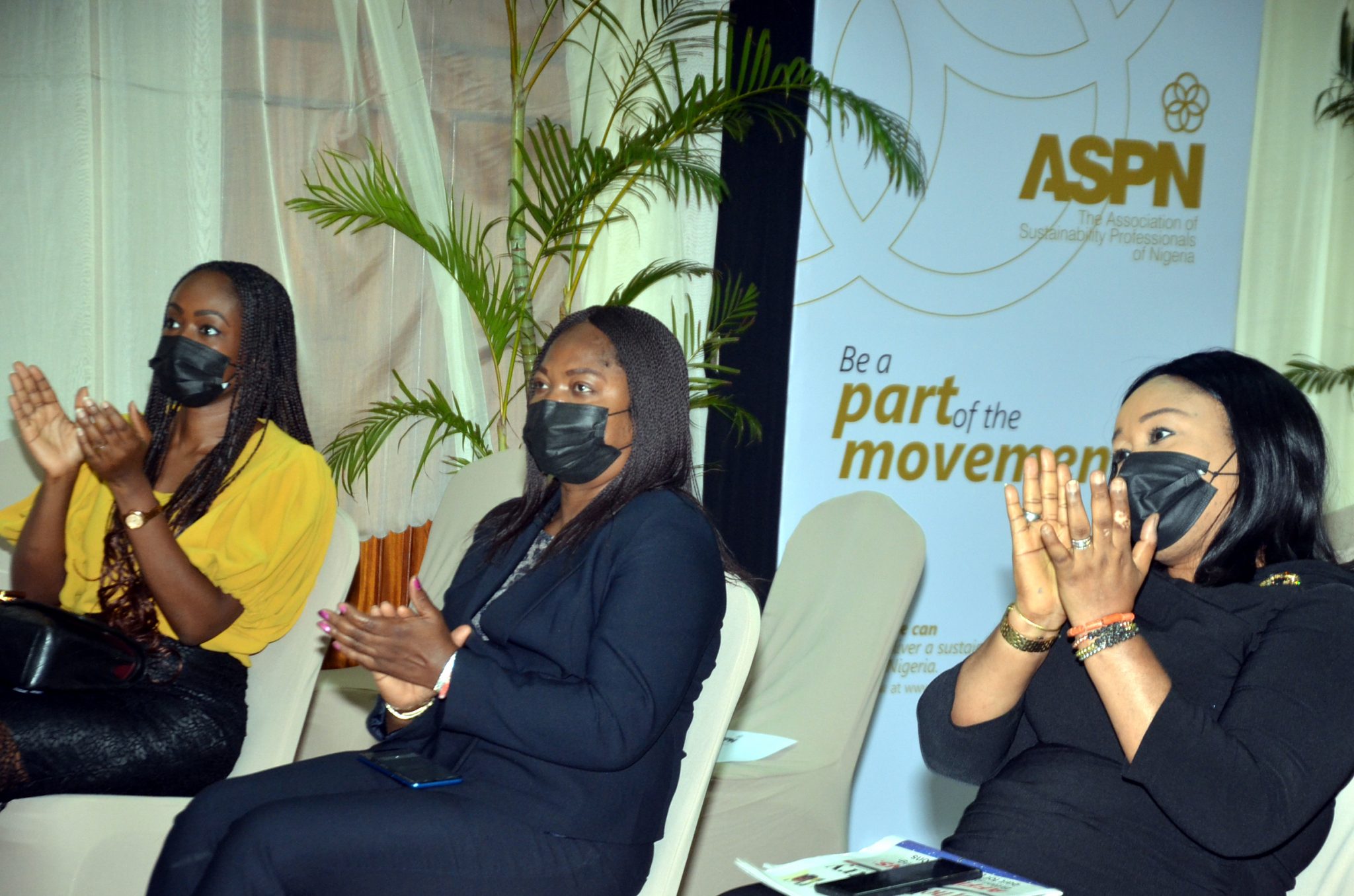The Association of Sustainability Professionals of Nigeria has concluded plans to host a webinar to explore the challenge of climate and the global efforts to address the situation and analyse Nigeria’s climate risks and the climate actions that are being taken in the public and [private sectors as well as civil society organisations.
The webinar, which is a combined event is scheduled to take place in Lagos on Thursday 24th February, 2022 with a theme “COP26 and Nigeria’s Net Zero Commitments-Analysing the Facts, the Implications” and is designed to induct the second batch of new members and fellows of the Association while engaging sustainability stakeholders on result-oriented discussions around Nigeria’s climate related threats and opportunities, and its readiness to deliver on its global commitments to tackle climate change.
Commenting on the forthcoming combined event, the President of ASPN, Prof Kenneth Amaeshi said, “The primary objectives of the webinar are to explore the challenge of Climate Change and the global efforts to address the situation; to analyze Nigeria’s climate change risks and the climate actions being taken in the public and private sectors as well as civil society organizations; to explore the outcome of COP26, Nigeria’s Net-zero and other climate related commitments and their implications for businesses; to explore Nigeria’s climate readiness and the framework that the country is putting in place to actualize its climate related commitments and timelines.”
He stated that excessive greenhouse gas emissions from human and industrial activities threaten to take the earth’s temperature above levels that may be unable to sustain lives and the ecosystem.
According the President of the ASPN, in many countries across the world, rising sea levels and other unfavorable weather conditions such as flooding, erosion, deforestation, wildfires, droughts, desertification etc have forced countries and organizations to take steps to minimize the possible negative impacts.
In November 2021, stakeholders gathered at COP26 to further deliberate on how countries and communities can prepare, adapt and mitigate the effects of climate change. At COP26, these stakeholders made additional commitments to cutting greenhouse gas emissions with a view to holding the increase in the global average temperature to well below 2°Cabove preindustrial levels and pursuing efforts to limit the temperature increase to 1.5°C above pre-industrial levels.
“Like in other countries, climate change portends great risk for the Nigerian natural and built environment. Therefore, it is pertinent that concerned parties begin to evaluate the country’s commitments to curbing emissions at macro and micro scales”, Amaeshi said.
Following the successful conclusion of first virtual webinar on Implementing SDG 8 in Nigeria, the second will commence with induction and thereafter the webinar which will include panel discussions, breakout sessions, and a communique on next steps and way forward.
The ASPN is organizing this webinar to spur policy makers’, experts’ and thought leaders’ discussions around Nigeria’s climate related threats and opportunities, and its readiness to deliver on its global commitments to tackle climate change.
Through this induction – webinar,ASPN is looking to engage a large spectrum of stakeholders, some of which include Government Ministries, Departments and Agencies (MDAs), key players in Nigeria’s private sector (particularly those in the oil & gas/ energy, financial services, manufacturing, real estate and construction, agriculture, telecommunications, transportation, other sector players), media and civil society groups, and environmental and social risk practitioners.
At the webinar, the Association will be inducting the following categories of members: Associate Members: Young professionals who have worked or are working as sustainability officers/associates/coordinators, with zero to four years relevant working experience.
Full Member: Experienced sustainability professionals from business, non-governmental organisations (NGOs), philanthropic organisations, academia, government and other related fields, with over five years’ experience.
Fellow: Individuals who have made immense contributions and provided exceptional service to the development of the practice of sustainability in Nigeria and/or beyond. A Fellow must have at least ten years of experience in sustainability-related positions with leadership in sustainability for at least 5 years. An intending Fellow should also have acquired recognition beyond their company, nationally or globally.
The event will be attended by the following highly influential and knowledgeable resource persons such as Chief Sharon Ikeazor, Minister of State for Environment, Federal Republic of Nigeria; Steve Varley, EY Global Vice Chair, Sustainability; Professor Chukwumerije Okereke, Director, Centre for Climate Change and Development, Alex Ekwueme Federal University, Ebonyi State, Nigeria.















































